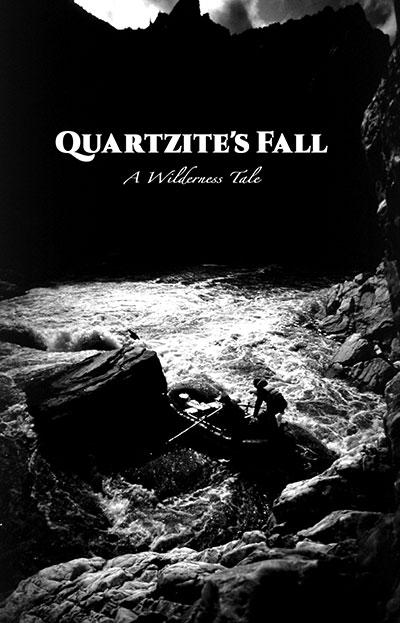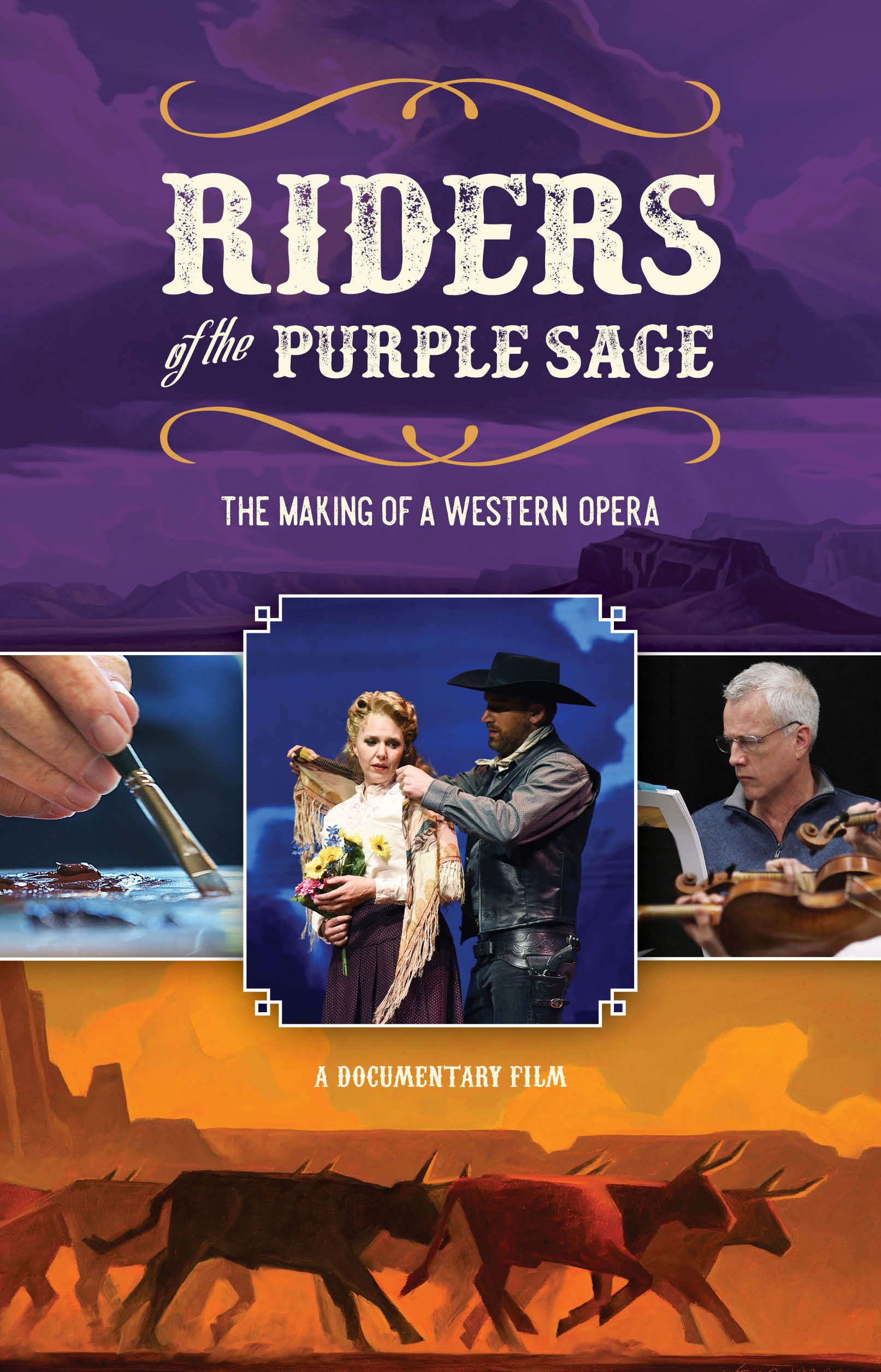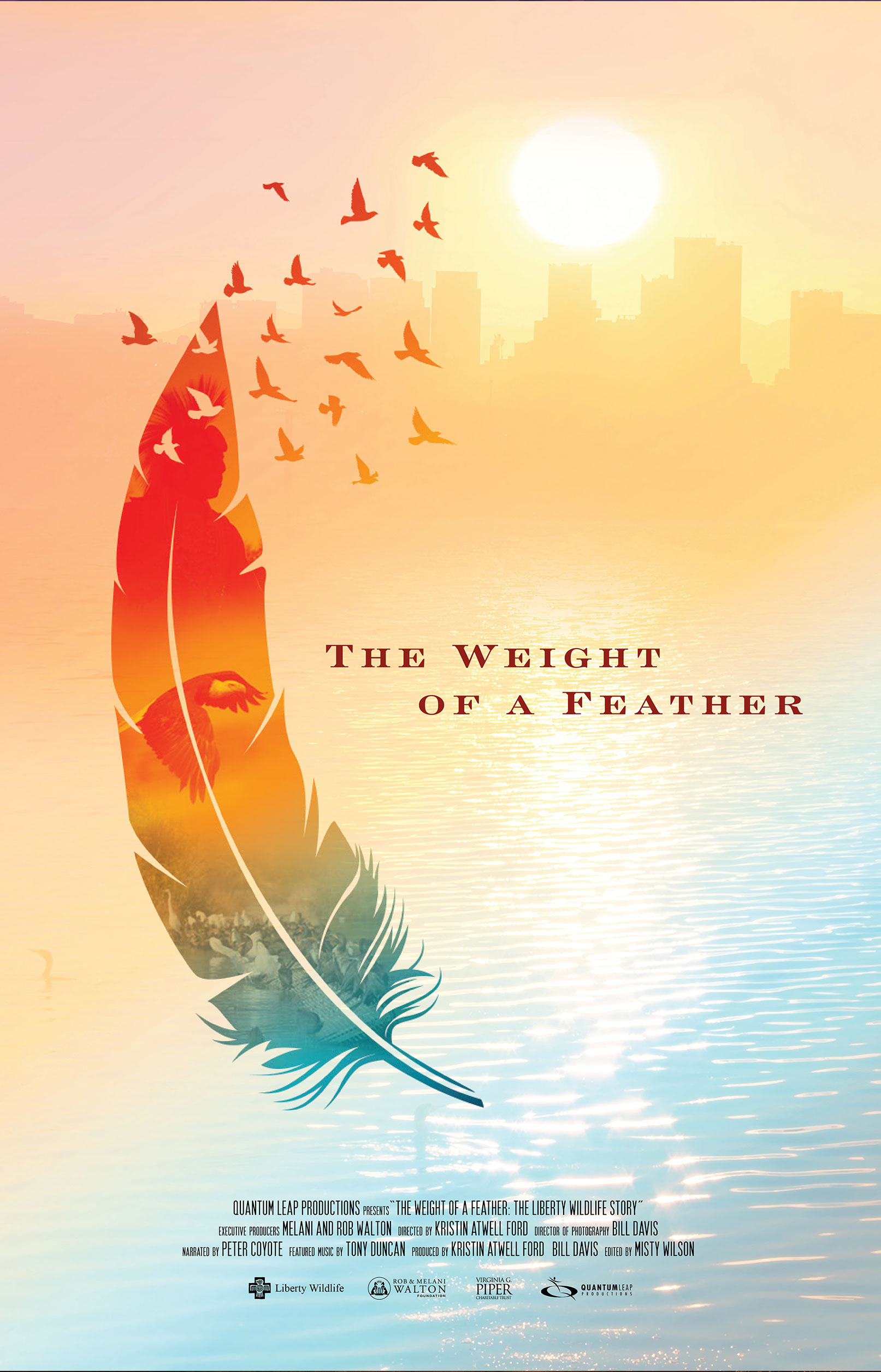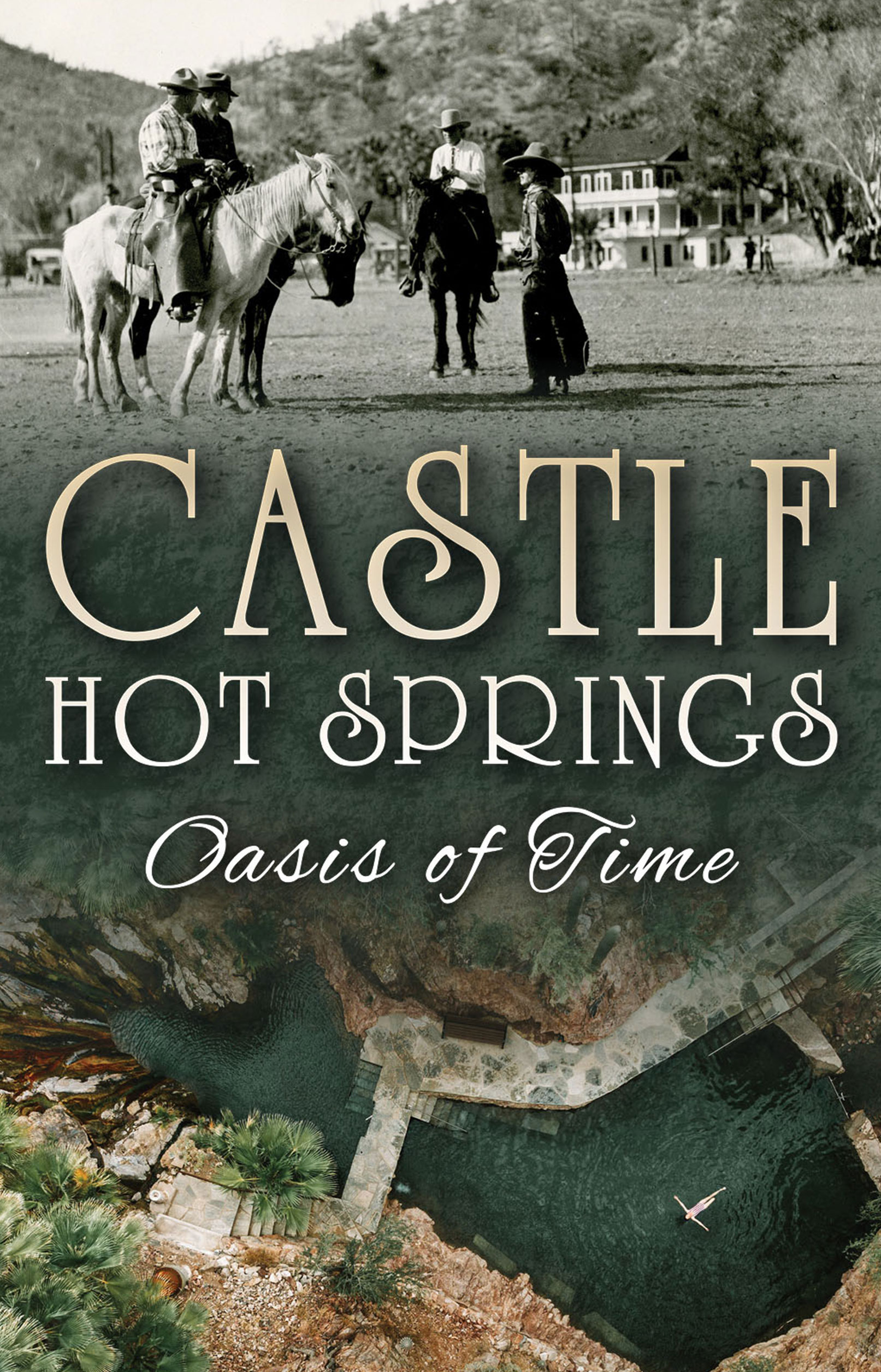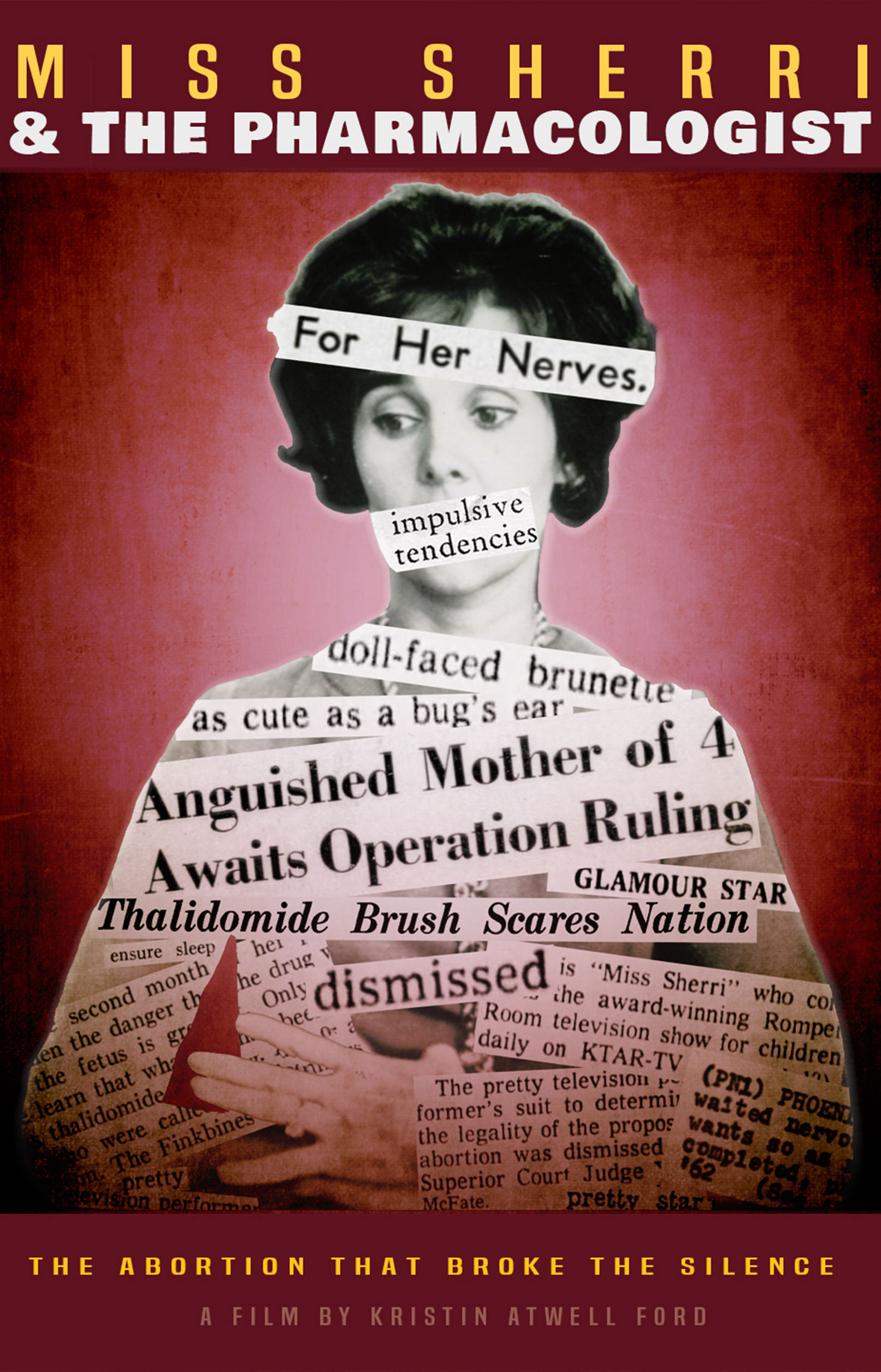Discussion and Film Screening Guide for “Quartzite’s Fall: A Wilderness Tale”
SYNOPSIS
The destruction of a legendary class V+ white water rapid is investigated in QUARTZITE’S FALL: A Wilderness Tale. Federal Agents arrest eight men for blowing up Quartzite Falls, the most dangerous rapid in Arizona’s Salt River Canyon. As the story behind the crime unravels, their defense, to make a deadly place safer, sparks new debate about the survival of Wilderness in the United States. (22 mins).
- Narrated by Peter Coyote • Produced and Directed by Kristin Atwell
- Music by Ani DiFranco, Beth Quist, and Apache Elder Paul Ethelbah
DISCUSSION GOALS
This film is designed to facilitate discussion between the different groups of people who frequent and manage public lands. This guide will assist a teacher or presenter in moderating a discussion on the issues posed by the story of Quartzite Falls.
The story of Quartzite Falls can generate discussion on a range of topics, including:
law • public land management and policy • back-country guiding • wilderness ethics
Framework for discussion
Background questions that address the examples presented.
- Do you agree or disagree with this person’s beliefs? What do you disagree or agree with the most?
- Can you appreciate this person’s point of view, look at the issue from their perspective?
- On any of the issues presented, is it possible for people with opposing views to find common ground for compromise? What issues could be compromised and what ones should not?
- Is your community grappling with any related local issue, an issue that may pit one group’s values against another’s? Can you envision a resolution to that conflict, or national conflicts like it? What resolution would you favor? How would you work to achieve it?
Teachers can also ask students to write reaction papers to the film responding to one or more of the following quotes, or some other open-ended issue from the film that sparked their interest. The objective should be to get the student to think independently and to support their position with specifics.
SUGGESTIONS FOR THE DISCUSSION LEADER
It is useful to set guidelines before the screening for the discussion to follow.
Junior High, High School, and College Classes
- Let students know before the screening that they are expected to be respectful of each other, even if they disagree.
Kristin Atwell • (480) 862-4809 • ka@kiatwell.com • Page 2 of 2
- After screening the film, take a few minutes for the students to share their immediate reactions to what they have seen.
- Allow participants to suggest specific ways in which the story in the film relates to the goals of the class or the group. If necessary, guide the discussion back to planned topics (public land management, law, extreme sports, wilderness ethics…)
Community and House Party Screenings
- Let people know before the screening that they are expected to be respectful of each other, even if they disagree.
- Plan for a few minutes immediately following the screening to allow people time to share their reactions. Then, if possible, allow a short break before discussion begins to give people a chance to think about what they have seen, and what they’d like to say.
Issues raised in the film. There probably will not be time to deal with all the topics and some
overlap exists between these points, so presenters can either pick points they feel are most relevant or hand out copies of the discussion guide and let the participants select the topics they wish to debate.
ISSUES and QUOTES FROM “QUARTZITE’S FALL”
THE NARRATOR says in the show’s opening says, “For river runners, Quartzite Falls was a
pinnacle in the quest for the ultimate ‘Wilderness Experience’”.
- What is a ‘Wilderness Experience’ and what is the value of it?
- Do you feel people who are inexperienced with a certain terrain or activity
should only go into the back-country with experienced guides? Why or why not?
Private Guide and Engineer MIKE STAMPS says, “A big piece of going out was being real scared and dealing with it.”
- How do you handle fear?
- Do you need to face the possibility of death to feel fully alive?
- What do you think of people who love the adrenaline rush if imminent danger? Would you put yourself in harm’s way to experience it?
RANGER MCCOMBE talks about his experience of facing Quartzite Falls: “…Just the thrill of…landing, and then going through the process of carrying my gear around that thing was a humbling experience. You were doing something on the terms of the Wilderness versus human terms.”
- Should all public land be accessible to all people? Why or why not?
- What value, if any is there in attempting something that isn’t easy and is potentially dangerous?
At the end of Act One, THE NARRATOR reports: “High risk sports have consequences. It’s estimated up to 25 people die each year white water rafting in the continental United States.”
- If someone dies in a public place, do you think a managing agency (the Forest Service, Park Service, BLM) has an obligation to make that place ‘safer’? Why or why not?
- Who, if anyone, is responsible if a person dies in the back-country? The guide, the managing agency, the landscape, the person?
At the top of Act Two, ROGER SABA, a private guide and business owner, tells a story of encountering the falls before it was known they had been destroyed. “We started poking around we couldn’t figure out why some of these rocks had moved upstream…and said, ‘Well, this isn’t a flood, somebody blew it up.’”
- Do you feel anyone has the right to destroy a feature on public land?
- What if Quartzite Falls had been private property, would that make it admissible to blow it up?
Environmental Engineer RICHARD SCOTT explains his perspective on blowing up the Falls, “We thought it would be a combination of a healthy adventure and an opportunity, as we were led to believe, to do something that no one would object to. Everyone had talked about doing this for years and years and (Quartzite) was really a liability to people on the river.”
- Do you agree or disagree with his perspective? Why or why not?
- Even though blowing up Quartzite was against the law, would it have been admissible if no one objected to its destruction?
- Do you think Quartzite Falls was a liability or an opportunity?
Nurse and Commercial River Guide BRENDA INSLEY responds to Richard Scott, “There’s a whole lot of people now who are thinking he did it to make it safe. That quote ‘now it’s safe’.
It’s not safe. It’s a river. It’ll never be safe.”
- Under what circumstances would it be desirable, ethical, right or wrong to alter nature for safety concerns?
- What do you think was the reason the perpetrators blew up Quartzite Falls?
Commercial River Guide MIKE ROSEMAN talks about learning that the falls were destroyed, “I was really appalled, especially when we started figuring out that it was a river guide that blew it up. I didn’t think you could find any river guide that would ever think of such a thing.”
- What the role and responsibility of a back-country guide?
- Would you like your guide to try to keep you safe, or have him or her educate you about how to keep yourself safe in the back-country?
THE NARRATOR addresses crowding at Quartzite Falls, “Boating the Upper Salt became increasingly popular in the high water years of the 80s and early 1990s. As a result of the heavy traffic on the river, Sunday afternoon bottlenecks began to form at the Falls that could delay trips by as much as half a day. Some boaters think making a navigable rapid was the motive behind the blasting.”
- Do you think making the rapid navigable was a good solution to the bottlenecks of rafters waiting to portage the Falls?
- Can you think of some other solutions to the crowding that was occurring at the Falls (such a permit system to limit boating use on the river)?
JANET NAPOLITANO, the Attorney General of Arizona (at that time) asserts, “When you have a case like the Quartzite Falls case, there is something taken from each of us that can never be replaced. In our view it demanded the intervention of federal prosecutors.”
- Do you think the blasting of the Falls was appropriately prosecuted?
- Did the men who blasted the Falls deserve jail sentences?
Radio Talk Show Host, BARRY YOUNG offers his perspective, “This earth was given to us to manipulate. We dig things out of the earth, we destroy mountains, we tunnel through, we do all kinds of things…I don’t think there was any problem in manipulating the river to make it safer for rafters.”
- Do you agree or disagree with this statement? Why or why not?
- Do you believe that we (humans) belong to the earth, or that the earth belongs to us?
Commercial River Guide, BOB FINKBINE, “In the old days they used to blow the heck out of rivers to make channels. But that was before the dawn of an environmental consciousness, of why Wilderness might be important in an age that’s so overcrowded, and overpopulated, and technological.”
- Do you agree or disagree with this statement? Why or why not?
Attorney General, JANET NAPOLITANO provides an analogy, “What would we say if they blew up Half Dome in Yosemite so rock climbers wouldn’t have accidents? In the Quartzite Falls instance it was very important that we send that message that we are going to protect the value of Wilderness and we don’t mean it in a dollars and cents way, we mean it in a qualitative sense”.
- Do you think it’s a good idea to try to preserve the quality, or pristine-ness of Wilderness areas given the amount of people who live in this country and want access to public land?
- What does she mean by the phrase, “in a qualitative sense?”
Guide MARK DUBOIS says, “Gandhi said that the fruit is only on the edge of the limbs. Well, most of us like to stay close to the trunk of the tree, but out on the edge is where life is rich.”
- Do you agree or disagree with this statement? Why or why not?
- Do you feel it necessary to visit ‘the edge’ once in awhile? How you do that, what do you get from that journey? Or why would you choose to not?
Commercial Guide MIKE ROSEMAN says, “I’m really grateful to those early conservation pioneers who recognized that future generations were going to need the preservation of Wilderness. And perhaps that’s where we should be having discussion is what is a Wilderness and what is the importance of having a Wilderness Ethic.”
- What is a ‘Wilderness Ethic’? What is a ‘Land Ethic’? What are ‘Social Ethics‘? How does the story of Quartzite Falls relate to the concept of ethics?
- How and where do the concepts of self-reliance and personal responsibility fit into this discussion?
At the very end of the film, RICHARD SCOTT talks about how he would rebuild Quartzite Falls if given the chance. He says, “We thought the answer to this, is if they did want to replace the hydraulic, and that’s really the key here, not the rock, but the hydraulic, we could replace the hydraulic by taking three sections of concrete barrier….”
- Do you think the Falls should be rebuilt? Why or why not?
- What would be the ethical aspects of rebuilding in a Wilderness?
- Do you feel Quartzite Falls should have remained intact simply because it was a unique place? Why or why not?
- Should all dangerous places be engineered for safety? Does your perspective change if a dangerous place is in the city or in the back country?
- Do you feel the core issue is about danger? How would you define the major issue involved in the story of Quartzite Falls?

